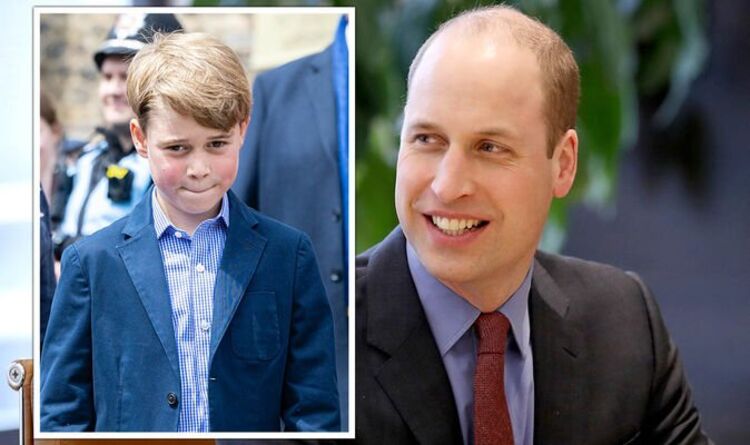William Issued Devastating Blow For Monarchy Issues, Regarding George’s Future By King Decision
In recent months, King Charles III’s efforts to streamline the British monarchy have encountered resistance, particularly from the Prince and Princess of Wales. The couple is reportedly concerned that their father’s proposal to simplify the monarchy could place undue stress on their children, particularly Prince George, by forcing them to take on a larger share of royal duties due to the smaller number of working royals.

One significant change under King Charles’s plan is the expectation that Prince George will soon be required to travel alone, regardless of circumstances, to align with the tradition that heirs to the throne do not travel together. This protocol is designed to protect the continuity of the monarchy in the event of a tragedy. However, this measure, while historically rooted, is causing distress for Princess Catherine, who values maintaining a close-knit family. The prospect of Prince George being forced to travel alone at such a young age and the idea of him potentially attending boarding school at 12, with a mentor overseeing his progress, are particularly challenging for the family. Royal experts have noted that while safety protocols are important, their emotional toll on the family, especially on the children, should not be underestimated.
King Charles’s vision for a slimmed-down monarchy was initially aimed at reducing the financial burden on the British taxpayer. However, an unintended consequence has been the increased pressure on fewer working royals, particularly as George, Charlotte, and Louis are still young and likely won’t be able to take on full-time royal duties for at least a decade. This situation has been further complicated by Princess Catherine’s ongoing battle with cancer, which has placed additional strain on the family.

In response to these challenges, there have been discussions about possibly expanding the circle of working royals to include extended family members like Mike and Zara Tindall, Princess Eugenie, and Lady Louise Windsor, among others. This move could help distribute royal duties more equitably, easing the burden on the main members of the royal family. The idea is not without precedent; Queen Elizabeth II, during her reign, had a larger number of working royals to help manage the extensive royal schedule. Despite her popularity, Queen Elizabeth herself acknowledged the difficulties of performing an all-consuming role, famously noting in 1992 that “most people have a job and then they go home.”
Queen Elizabeth’s reign was characterized by her understanding of the delicate balance between public duty and personal life. She was acutely aware that public sympathy is a fragile force, one that can be easily lost if the monarchy appears disconnected from the people’s values. Her great-great-grandmother, Queen Victoria, famously withdrew from public life for a decade after the death of her husband, which led to public disdain. Elizabeth, however, maintained her public role, understanding the importance of being seen to be believed, a mantra that underscored her commitment to her subjects.

The Prince and Princess of Wales have adopted a more modern, compassionate approach to raising their children, focusing on wrapping them in love during times of uncertainty. For example, Prince William is known for his gentle gestures to soothe Prince George, who has occasionally appeared nervous in public. The couple is also committed to instilling a sense of environmental responsibility in their children. William, deeply concerned about the future of the planet, has already involved his children in activities like litter picking to make them more environmentally aware.
As the monarchy faces these challenges, the Wales family’s approach reflects a deep understanding of the balance between tradition and the modern demands of royal life. The focus remains on ensuring that George, Charlotte, and Louis are well-prepared for their future roles while also being shielded from undue pressure during their formative years.






